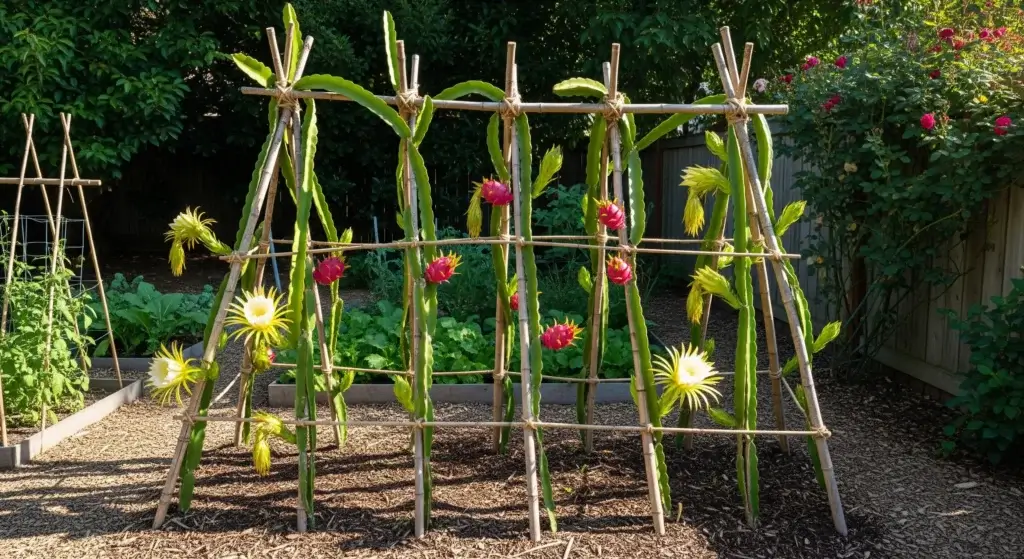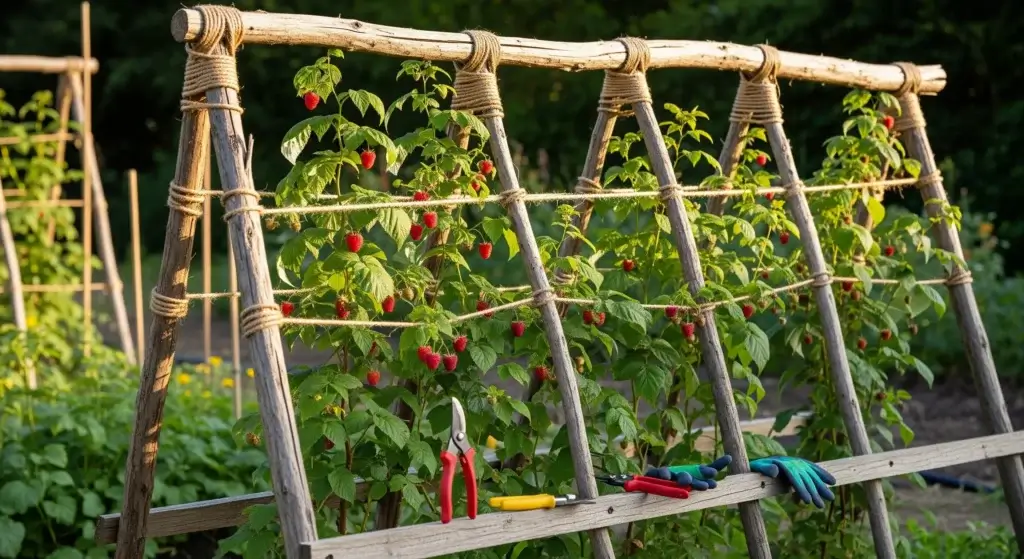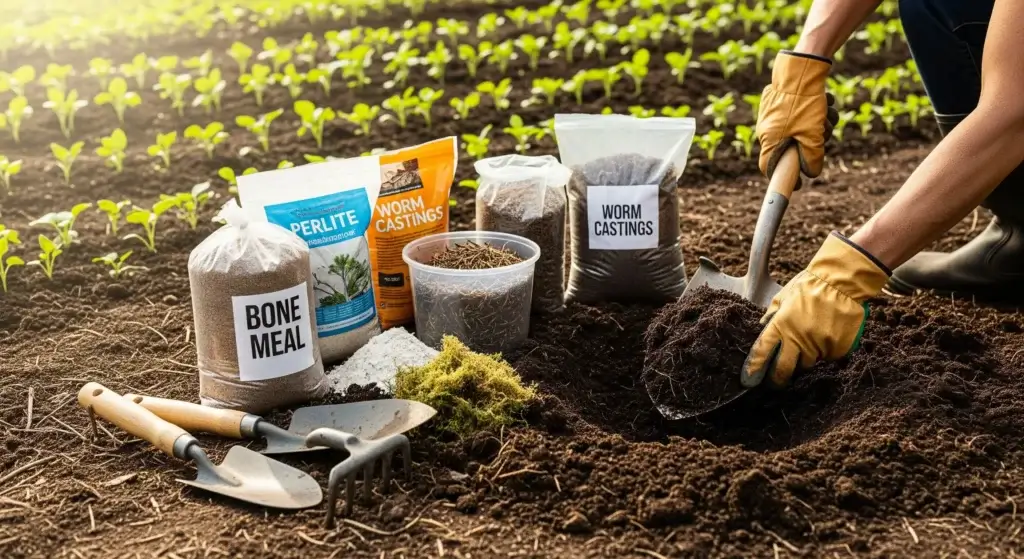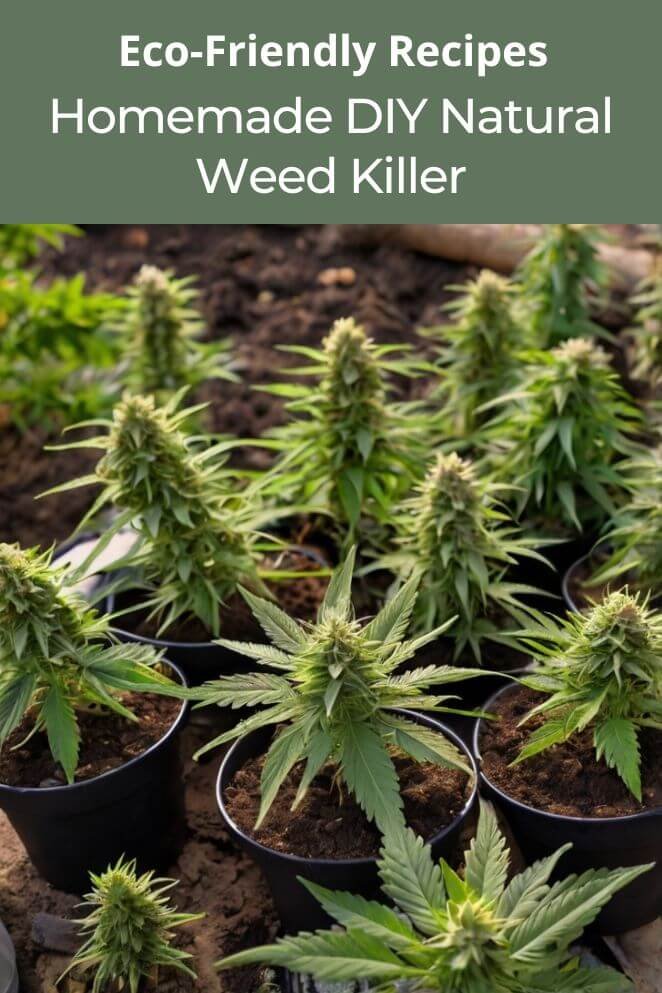
Weeds can be a gardener’s worst enemy, competing with your plants for nutrients, water, and sunlight.
While commercial weed killers are effective, they often contain harmful chemicals that can be dangerous to the environment, pets, and even humans.
Thankfully, there are natural alternatives that are just as effective and much safer.
In this blog post, we will explore why you should choose a DIY natural weed killer, the ingredients you’ll need, a simple recipe, application tips, safety precautions, and the effectiveness and limitations of using natural solutions.
Why Choose a DIY Natural Weed Killer?
Opting for a DIY natural weed killer offers several important benefits that can be appealing for both your garden and your overall well-being.
Environmental safety
Chemical weed killers, often used in traditional gardening, can pose risks to the environment.
These chemicals can seep into the soil and waterways, potentially harming beneficial insects, wildlife, and the broader ecosystem.
In contrast, natural weed killers are typically made from biodegradable ingredients that break down more easily and have less impact on the environment.
- Read also: DIY Insecticidal Soap Spray: Protect Your Plants Without Harsh Chemicals
- Read also: Eco-Friendly Fun: Easy DIY Wildflower Seed Bombs
Cost-effective
One of the key advantages of DIY natural weed killers is their affordability.
Many of the ingredients used in homemade solutions are common household items, such as vinegar, salt, or lemon juice.
Because these ingredients are inexpensive and readily available, creating your own weed killer can be a cost-effective alternative to buying commercial products.
This means you can manage weeds without spending a lot of money.
Health benefits
Using natural ingredients in weed killers reduces the risk of exposing yourself, your family, and your pets to harmful chemicals.
Chemical weed killers often contain substances that can be toxic if ingested or if they come into contact with the skin.
By choosing natural ingredients, you minimize these risks and contribute to a healthier environment for everyone in your household.
Effectiveness
Many DIY natural weed killers are quite effective when used properly.
While they may not always work as quickly as chemical products, they can still be very efficient in controlling weeds.
Natural solutions like vinegar, salt, and lemon juice can target and kill weeds effectively, especially when applied correctly and consistently.
This makes them a viable alternative to commercial weed killers.
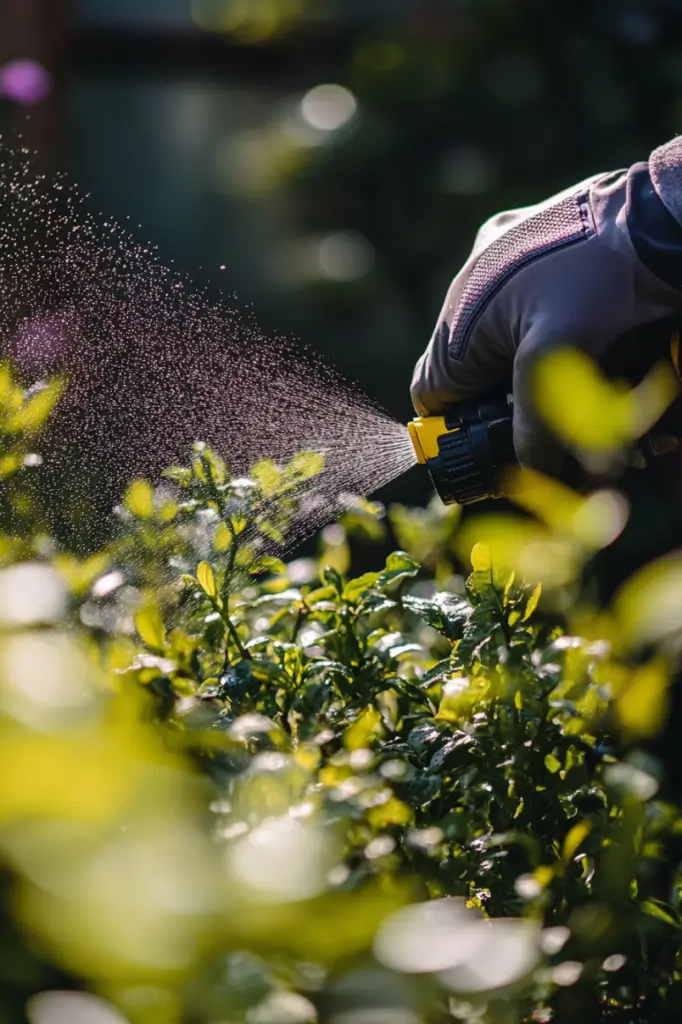
Ingredients
To create an effective DIY natural weed killer, you’ll need the following ingredients:
- White vinegar: The acetic acid in vinegar helps to draw moisture out of weeds, effectively killing them.
- Salt: Salt dehydrates and kills plants by disrupting their water balance.
- Dish soap: Adding dish soap helps the solution adhere to the leaves of the weeds, increasing its effectiveness.
Additional ingredients
- Lemon juice: The citric acid in lemon juice can enhance the weed-killing power of vinegar.
- Essential oils: Certain essential oils, like clove or orange oil, can boost the herbicidal properties of your natural weed killer.
Recipe
Here’s a simple recipe for a powerful DIY natural weed killer:
- 1 gallon of white vinegar (5% acidity)
- 1 cup of salt
- 1 tablespoon of dish soap
Optional additions
1/4 cup of lemon juice
10-15 drops of clove or orange essential oil
Instructions
Prepare your ingredients
Gather all necessary ingredients: vinegar, salt, dish soap, and any optional additives like lemon juice or essential oils.
Combine vinegar and salt
Pour the vinegar into a large container or bucket. The vinegar serves as the main weed-killing agent.
Add the salt to the vinegar and stir until the salt dissolves completely. Salt helps to enhance the effectiveness of the vinegar by dehydrating the weeds.
Add dish soap
Mix in the dish soap. Dish soap acts as a surfactant, which helps the solution adhere to the weed leaves and improves its effectiveness.
Stir well to ensure the soap is thoroughly mixed into the solution.
Incorporate optional ingredients
If desired, add optional ingredients such as lemon juice for extra acidity or essential oils like peppermint for added effectiveness and a pleasant scent. Stir the mixture well to combine all ingredients.
Transfer to a spray bottle
Carefully pour the mixture into a spray bottle.
Using a spray bottle allows for easy and precise application, helping you target weeds without affecting surrounding plants.
Application
Spray the solution directly onto the weeds you want to eliminate.
For best results, apply the weed killer on a sunny day, as the sun helps to amplify the effect of the vinegar and salt.
Be careful to avoid spraying desirable plants, as the solution can also harm them.
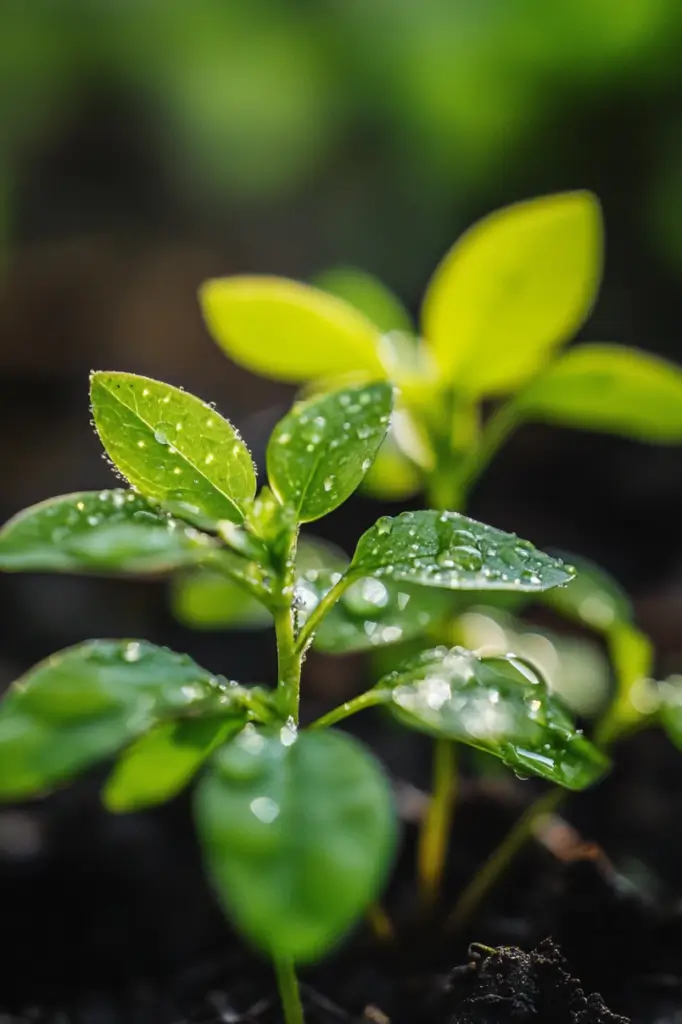
Application Tips
Choose the right time
For the best results, apply your homemade weed killer on a sunny and dry day.
Sunlight and heat help the solution work more effectively by speeding up the process of drying out and killing the weeds.
A dry day ensures that the solution stays on the weeds long enough to have an impact.
Target the weeds
When using your weed killer, focus on spraying directly onto the leaves and stems of the weeds you want to remove.
Be careful to avoid spraying any plants that you want to keep, as this solution is non-selective and will harm any plant it touches.
Precision in application helps you get rid of unwanted weeds without damaging your other plants.
Repeat as needed
Some weeds are particularly stubborn and might not be completely eliminated with just one application.
After a few days, check the treated areas.
If the weeds are still alive, you may need to apply the solution again.
Regular reapplications can help manage persistent weed problems more effectively.
Safety Precautions
Protect your skin and eyes
The ingredients in your weed killer, like vinegar and salt, can be irritating to your skin and eyes.
To protect yourself, wear gloves and safety goggles while mixing and applying the solution.
This precaution helps avoid any irritation or injury from the solution.
Avoid over-spraying
Be cautious not to accidentally spray the solution on plants you want to keep or areas where you plan to grow new plants.
The weed killer can remain in the soil and affect the growth of future plants.
Careful application ensures that only the unwanted weeds are targeted, and your desired plants remain unharmed.
Storage
Store any leftover weed killer in a clearly labeled container and keep it out of reach of children and pets.
Proper storage helps prevent accidental exposure and ensures that the solution remains effective for future use.
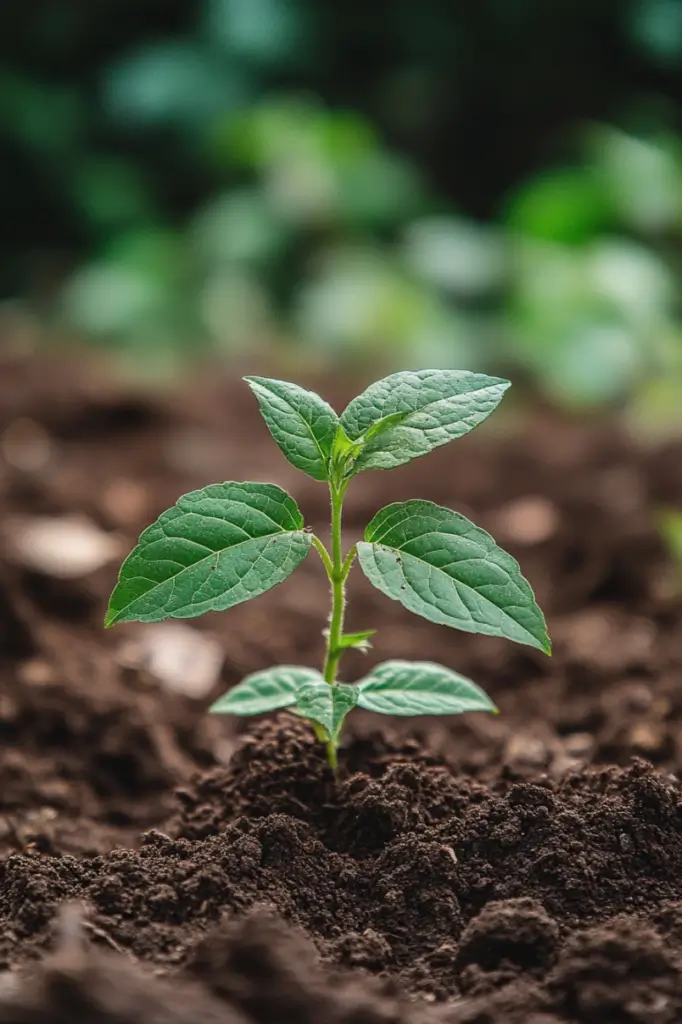
Effectiveness and Limitations
Effectiveness
Quick results
One of the advantages of DIY natural weed killers is that they can produce visible results relatively quickly.
Most natural solutions start to show their effects within a few hours to a couple of days.
You’ll often see the weeds beginning to wilt and die off shortly after application.
Ideal for small areas
DIY natural weed killers are particularly effective in small areas such as garden beds, walkways, or driveways.
Their precision application makes them well-suited for these spaces where you can target weeds directly without affecting other plants.
If you have a small garden or need to manage weeds in specific spots, these solutions can be very efficient.
Limitations
Non-selective
A key limitation of natural weed killers is that they are non-selective, meaning they can harm any plant they come into contact with.
This includes desirable plants and flowers in your garden.
It’s important to apply the solution carefully to avoid accidentally killing plants you want to keep.
Not for large areas
While effective for small areas, DIY natural weed killers may not be practical for large infestations or extensive weed problems.
For larger areas, you might need to use other methods, such as manual removal or a combination of different treatments, to manage the weed population effectively.
May require multiple applications
Some weeds, especially those with deep or extensive root systems, might not be completely eradicated with just one application of a natural weed killer.
Stubborn weeds may need several treatments to fully remove them.
Persistence and patience are often required to deal with these more resilient plants.
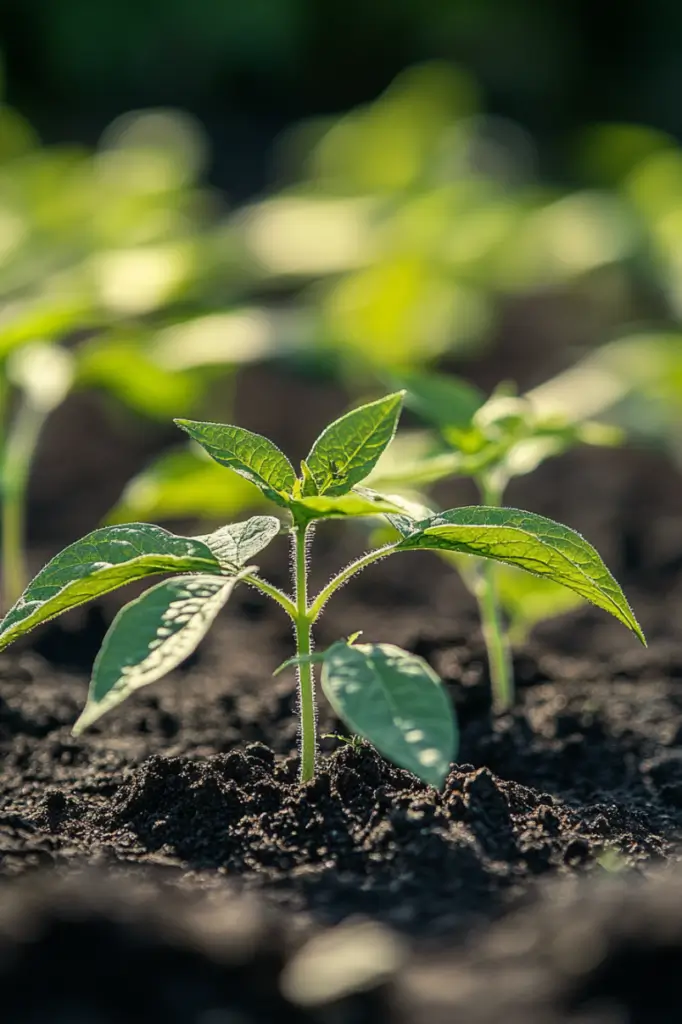
- Read also: Crafting Your Defense: Effective DIY Traps for Garden Pests
- Read also: Keeping Your Plants Safe: A DIY Guide to Spider Mite Spray
Conclusion
DIY natural weed killers are an excellent alternative to chemical herbicides, offering a safer, more environmentally friendly way to keep your garden weed-free.
By using common household ingredients like vinegar, salt, and dish soap, you can create an effective weed-killing solution that protects your health and the planet.
While there are some limitations to consider, the benefits of using natural weed killers make them a worthwhile option for any gardener.

